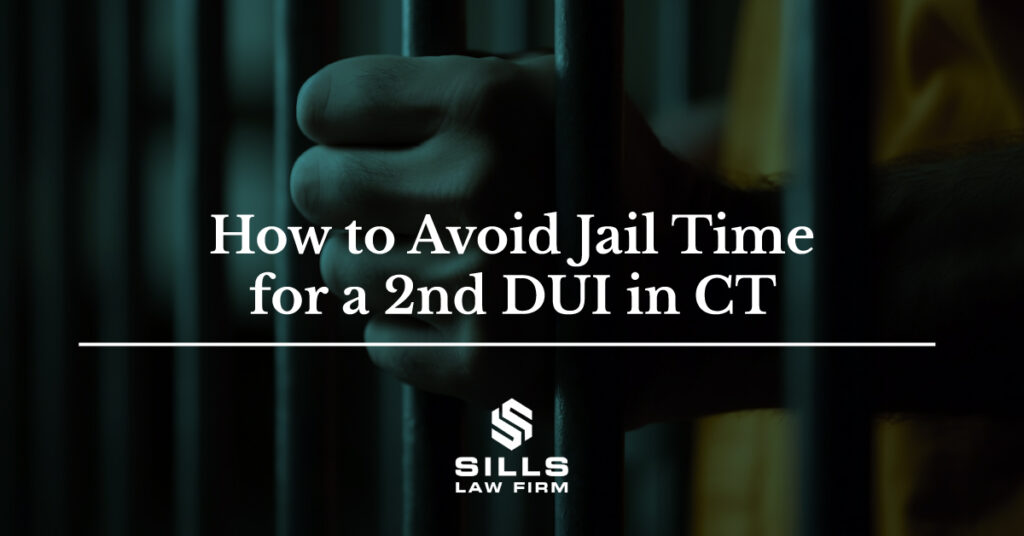Getting convicted of a sex crime in Connecticut can be devastating. Not only does it result in a lengthy prison sentence and expensive fines, but also registration as a sex offender.
Sex offender registration means providing identifying and personal information (e.g. phone number, home address, e-mail, fingerprints, photographs, and other forms of identification) for a certain amount of time to the Connecticut Department of Emergency Services and Public Protection, which is a statewide law agency of the state police department. Registration occurs as soon as a person finishes their prison sentence and is released into the community.
Individuals who are facing sex crime accusations often wonder if they are required to register as a sex offender for the rest of their lives. The answer is that it depends on the circumstances of the case.
The following are several categories of individuals who would be subject to sex offender registration:
- Individuals convicted of nonviolent sex crimes – A conviction for a first offense is punishable by up to ten years of sex offender registration. A second-time conviction can lead to lifetime registration as a sex offender.
- Individuals convicted of sex crimes against a minor – A conviction for a first offense is punishable by up to ten years of sex offender registration. A second-time conviction can lead to lifetime registration as a sex offender.
- Individuals convicted of a felony that the court deems done for a sexual purpose – A conviction for a first offense is punishable by up to ten years of sex offender registration. A second-time conviction can lead to lifetime registration as a sex offender.
- Individuals convicted of a violent sex crime – A conviction for a first offense requires lifetime registration as a sex offender. Common types of violent sex crimes include first-degree sexual assault, first-degree aggravated sexual assault, second-degree sexual assault, third-degree sexual assault (with or without a firearm), sexual assault involving a spouse or romantic partner, and first-degree kidnapping with the intent to sexually abuse the victim.
Whether you must register for ten years or forever, being considered a sex offender in the community can cause severe damage to your personal life and professional reputation. You may experience trouble getting a job, finding a place to live since you’re not be allowed to live schools, and take advantage of other opportunities life has to offer.
Because of the reasons mentioned above, some people who have the register avoid doing so, believing their names and personal information will be removed from the registry. However, those who fail to register or fail to notify the Department of Public Safety (DPS) about certain changes in their circumstances—such as finding a new place to live—can be charged with a Class D felony, which carries a maximum five-year prison sentence and a fine not exceeding $5,000.
If you have been accused of a sex crime in Connecticut, do not hesitate to contact The Sills Law Firm at (860) 524-8118 today and schedule a free consultation. We have offices in New London, Pomfret, Norwich, Hartford, Waterbury, and Westport.
Related:






